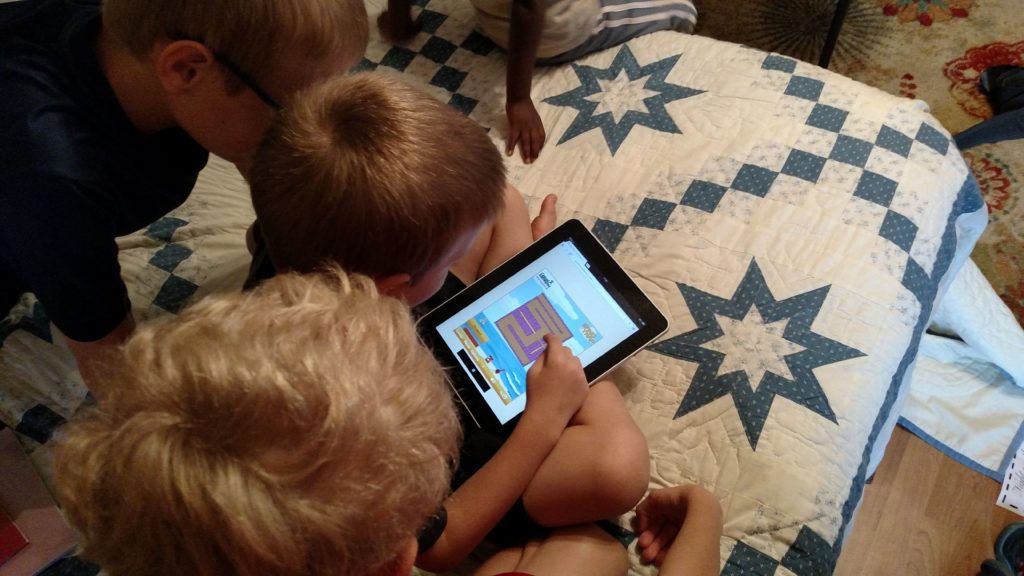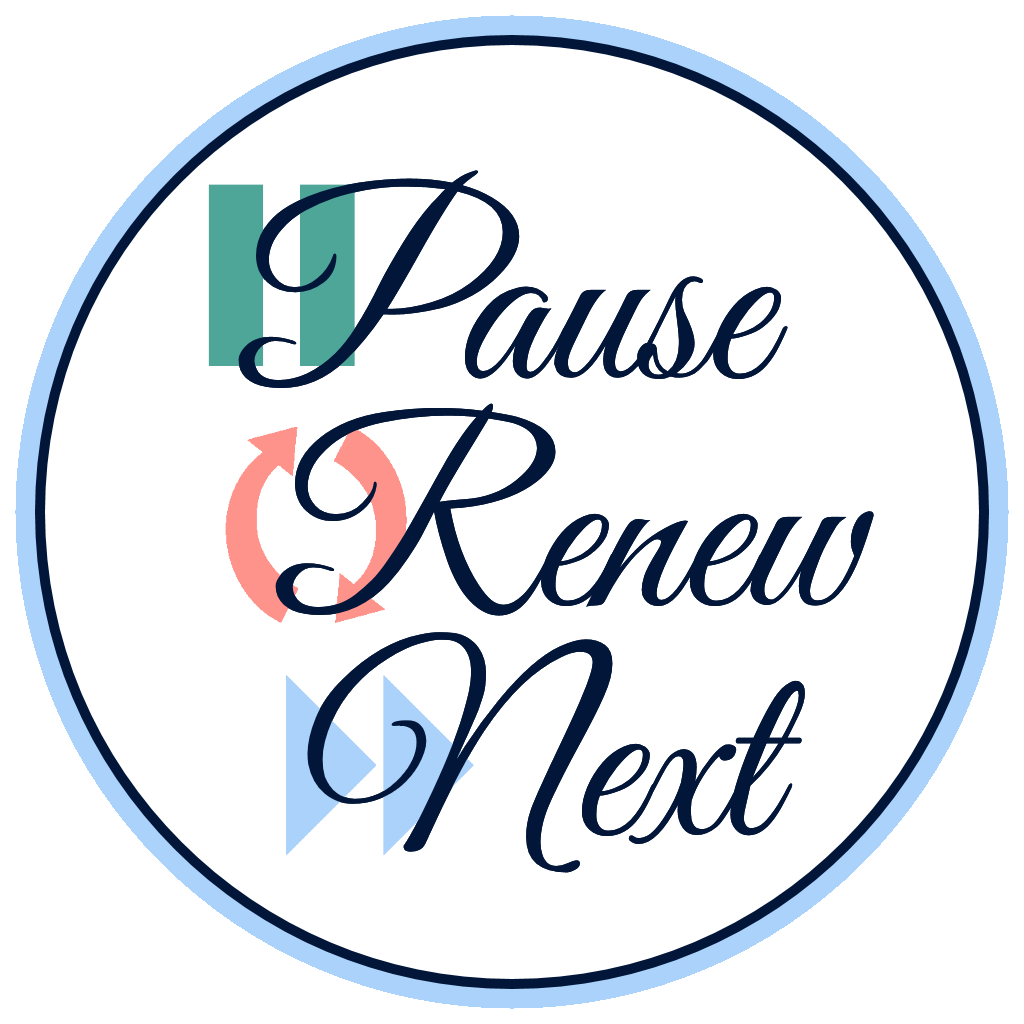A few years ago I attended a professional conference for therapists and clinicians. The plenary speaker talked about technology and how it affects our brains and behavior. He posited a unique position. Rather than touting only the evils of too much technology, he instead offered what he considered an optimistic hypothesis: perhaps our evolving brains could adapt to the screens we so often utilize. He did talk about the negative social effects of screens verses relationships, but overall he believed that just as the human species has throughout history adapted and evolved for every challenge and change to the environment, our brains were now on a trajectory to adapt to the current technology phenomenon.
As an example, he talked about a two year old who could turn on and work an iPad or iPhone without being supervised. He joked that perhaps a two year old could figure it out more easily than he could.
Well, he’s not wrong there. My kids figured out how to unlock my phone and take selfies from a very early age. I don’t think he’s necessarily wrong about the brain adaptation either. We are created with exceptional capacity for resilience and growth. The neuroscience field is on fire right now with new information about the complexities of the human brain. Without a doubt the neuroplasticity of our brains is astounding. It means that we can change the very wiring of our brains, giving us the ability throughout our lifespans to learn new information and skills, and even change our thoughts and beliefs.

On that point, I stop agreeing with the speaker. I’m not sure I hold the same optimism about the prognosis of technology adaptation that he does.
Here is my greater question. Even if we can adapt to life filled with screens and technology, is that ultimately for our good? Maybe. Maybe not.
During the past year of pandemic life, I should have been less distracted and busy than usual. I had less appointments and less social engagements. I did not, however, stop communicating with people. I just stopped communicating face to face. Everything that I did in-person became virtual: church, counseling, Bible studies, staff meetings, etc.
Even as life supposedly slowed down, my phone blew up. I thought I was “connected” before, but at the beginning of the pandemic my online connections multiplied. Instead of checking emails only at work, once I started working from home, I started checking them on my phone. I began getting more texts, emails, private messages, and DMs. Because my children were being taught virtually, I had 10+ teachers also sending me communication via phone and email. Whereas before, I could probably have put my phone in the other room for a day if I wanted to, I no longer felt I had that ability. Very quickly, I could feel my anxiety, stress level, and loneliness growing.
The effect of online “connection” without in-person community is devastating. Mental health has taken a dramatic hit over the past year. Rates of anxiety, depression, loneliness, and insecurity have sky-rocketed.
That’s the social aspect of the technology phenomenon, but I’m also concerned about the entertainment factor associated with technology. Thanks to our phones, we are constantly entertained, yet boredom is still increasing. Why? This happens because the dopamine center (the reward center of the brain) is receiving constant rewards due to the technology at our fingertips. This leads us to need more and more entertainment and diversion to get the same effect. It’s not that different from drug addiction, really. Our attention spans are also shrinking. YouTube videos no longer suffice, because they’re too long. Now we need TikTok.
There can be no silence or downtime before we are absently checking our phones again. Dings, pings, games, likes, chats, videos, we need it all. Any of it. From the time we wake up until the time we go to bed. No wonder our brains have a hard time quieting down. They’re being inundated with stimulation. More stimulation than we were designed for in my opinion.
So, is it all doom and gloom? Are we all destined to adapt to this new technology reality and flush our mental health down the toilet?
I certainly hope not, but the medicine to turn the tide is not an easy one to swallow. It comes in the form of intentionality, community, and self-control.
We will have to use intentionality and self-control because we will not ever choose slow for ourselves when we can have fast. We will not choose quiet when we can have noise. We will not choose rest and stillness when we can have entertainment. Choosing less screen-time means sacrifice and boundaries, and these do not come naturally. Our brains scream for more hits of dopamine while our souls cry out for peace.
The medicine of community is a necessity because we are designed for relationships. We crave real-life friendships where we can receive eye contact and hugs. Relationships are not a luxury. They are life-giving. Virtual relationships are certainly of benefit, but a real-life friend is a treasure. If we have learned anything from the pandemic, I think we all can agree that friends and family are not just a luxury, they are necessary.

Why am I writing about this today? Well, more and more the Lord is convicting me of my own inability to sit in silence. I am uncomfortably aware of my constant need to check and recheck my phone. I’m aware of my unhealthy drive to be in communication, even if it’s not a life-giving form of communication.
I know I’m not the only one who struggles with cultivating stillness. So, this season on the Pause Renew Next Podcast, I will be producing short 5-10 minute episodes which are focused on slowing down and reflecting. In each of these episodes, I will incorporate a slow-down/calming exercise and a reflection/meditation. I think allowing our bodies and minds to slow down and meditate is an incredibly important practice. These podcast shorts are not going to be entertaining, but hopefully they will be life-giving.
I hope to grow this year in my own ability to cultivate soul-care and one very important aspect of that is slowing down. I hope to help cultivate a space for that for you as well.
Pause, Renew, Next: (Take time to reflect/pray/journal) What times this month have you felt most at peace? What was happening around you? How does over-stimulation affect your own body and mental health? I encourage you this week to put down your phone for blocks at a time (minutes, or if you’re able, hours) and see if you notice a difference.
May the Lord bless our efforts as we strive to cultivate community, intentionality, and self-control.
Pause, Renew, Next!

